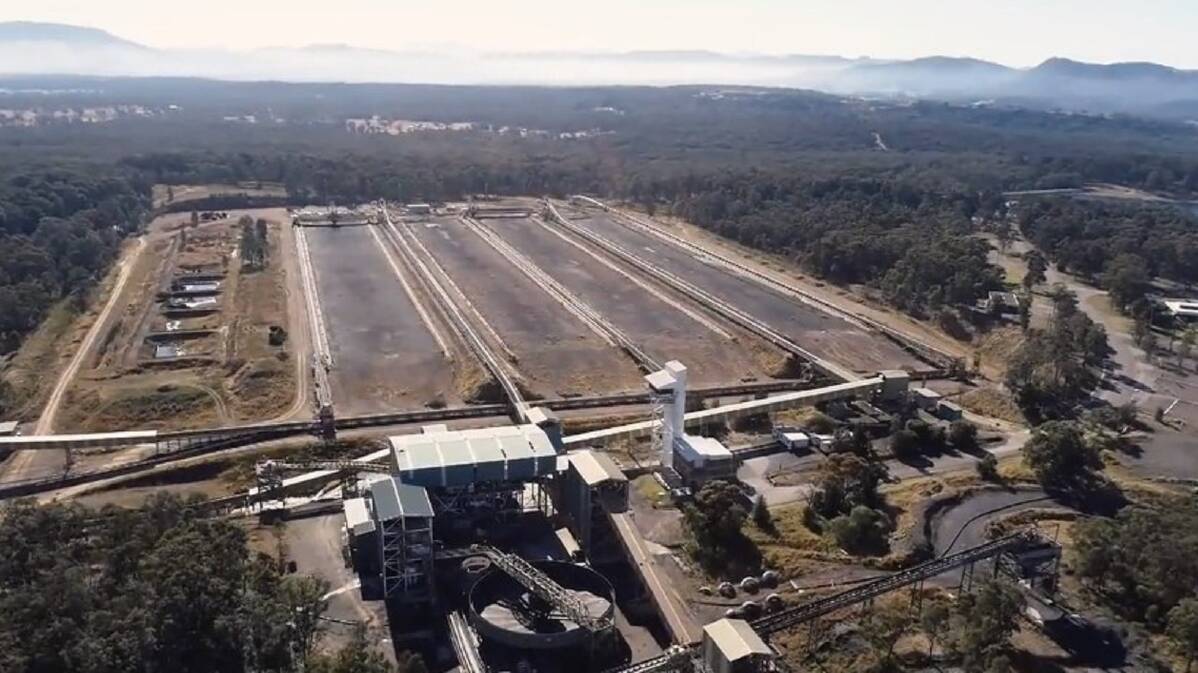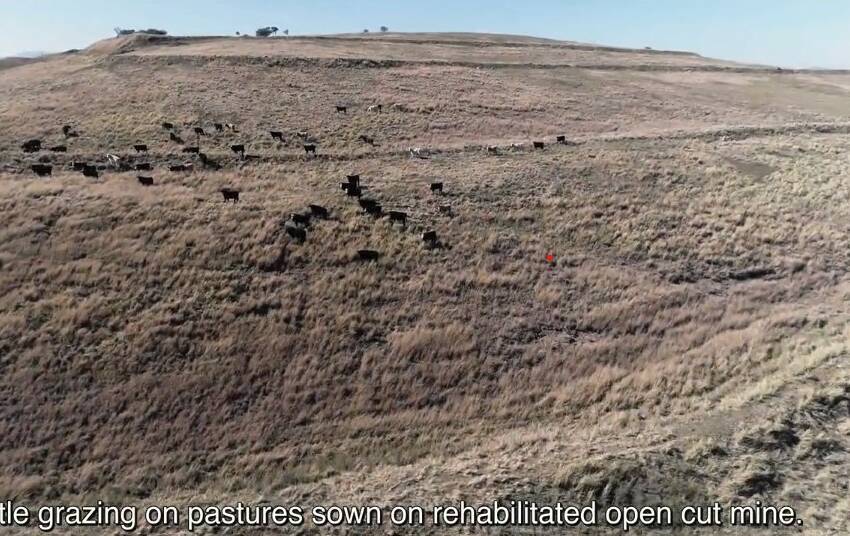
MALABAR coal is seeking state government approval to change some of its longwall panels and conduct other "minor works" at its proposed Maxwell underground mine on the former Drayton South leases at Muswellbrook.
Maxwell was approved by a two-person Independent Planning Panel in December 2020 under conditions including a maximum of eight million tonnes of run-of-mine coal a year.
Malabar asked for some "minor modification" changes to the development in August last year, and these were granted in November.
Now, as then, the Department of Planning and Environment has given the public two weeks to comment on the changes, with the exhibition period closing on August 15.
Malabar chairman Wayne Seabrook said the new changes "involve minimal additional environmental impact" and would "increase the certainty of the project being developed to its full capacity".
Malabar is an unlisted public company, and bought the former Drayton coal assets from Anglo American in 2017 after its Drayton South open-cut proposal was rejected after sustained opposition from the thoroughbred industry.
Despite its low profile, its big-hitting board of directors includes Tony Haggarty, Allan Davies and Tony Galligan, all well-known in the industry. A trading history on the Malabar website shows its shares have risen steadily from 45 cents each in 2017 up to peaks of $1.00 in February last year.
Late last month Malabar announced it had secured about $500 million in funding to proceed with Maxwell - half of it in debt funding, and the other an equity capital raising through a share placement and the exercise of options at $1.25 a share.

Mr Seabrook said construction of the mine had begun along with advertising to fill key operational roles. Maxwell could have an operating workforce of 350, and it would take about 250 jobs to build the mine.
Mr Seabrook said Maxwell was on track to produce its first coal by the end of March next year, although it would take a few years to ramp up to full volume.
Environmentalists have condemned the approval of Maxwell, which comes at a time of increasing calls to stop the approval of any new or expanded mines.
Although some 50 objections were lodged during the original approval process, a submissions report from last year's modification said all four submissions from the public were in support.
Muswellbrook Shire Council noted last year's modification resulted in a "minor increase in the surface development area" of the mine, which Malabar said it would address in accordance with the NSW Biodiversity Offset Scheme.
This time around, Malabar wants to "reorient" approved long wall panels, reduce the width of some panels and reposition a surface ventilation shaft and its associated infrastructure.
Mr Seabrook said the first stage of the mine would be a "bord and pillar" operation using continuous mining machinery, as well as the initial longwall panels, targeting combined annual sales of 3.5 million tonnes.
From late 2025, longwall widths would expand and production was targeted at 5.5 to 6.5 million tonnes.
About three-quarters of Maxwell's coal was aimed at the steelmaking market. Thermal coal for power stations is selling for much more than coking coal, but Mr Seabrook said the traditional market pricing - with coking coal more expensive - would return.








